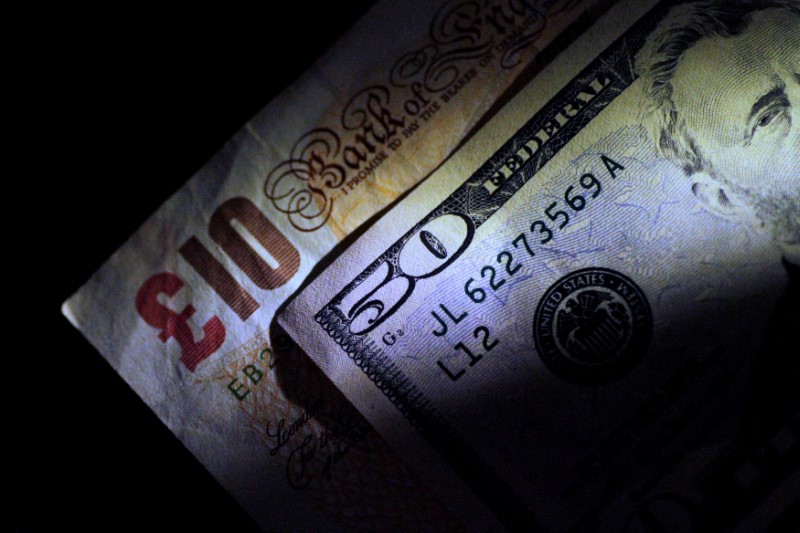U.S. DOLLAR INDEX RECOVERS 100-POINT INTEGER MARK, BRITISH POUND, AUSTRALIAN DOLLAR, JAPANESE YEN FALL SHARPLY
Investing.com – The U.S. dollar made a recovery on Wednesday morning during European trading, crossing the 100-point integer mark, while the British pound, Australian dollar, and Japanese yen experienced sharp declines.
As of 17:48 Beijing time, the U.S. dollar index, which measures the dollar’s strength against six major currencies, was at 99.802, up 0.18%. The dollar’s upward momentum pushed it to 100.08, the highest level in months.
Meanwhile, the benchmark U.S. Treasury yield stood at 3.755 percent, showing a decrease compared to the previous 4.054 percent.
The dollar’s rebound came after the release of U.S. retail sales data for June, which displayed increased resilience in consumer spending. Although headline retail sales in June were lower than expected, the data for May was revised upward, suggesting positive momentum in consumption. Furthermore, the data did not alter expectations that the Federal Reserve would resume raising interest rates at the end of July.
On the other hand, the British pound slumped after the release of weaker-than-expected inflation data in the UK. The pound fell 0.64% to 1.2951, with annual consumer price inflation dropping to 7.9% in June from 8.7% in May, a figure significantly below expectations of 8.2%. Despite the decline, the UK’s CPI remains well above the Bank of England’s 2% target, leading to market expectations of another 100 basis points increase in interest rates this year.
The euro, after a decline in the Asian market, rose 0.06% to 1.1233, not far from the previous day’s high of 1.1276, the highest level since February 2022. The final value of CPI in the Eurozone for June reached 5.5%, a slight decrease from the previous value of 6.1%, in line with expectations. However, the annual rate of core CPI was revised up to 5.5% from 5.4% in the initial value, indicating persistent core inflation and supporting expectations of further interest rate hikes by the European Central Bank. The market generally believes that the ECB will raise interest rates in its upcoming meeting.
The Japanese yen weakened, with a 0.68% decrease to 139.75, compared to its previous slump to 137.25, the lowest level since May 17. Investors are closely watching the Bank of Japan’s monetary policy meeting next week. Analysts from Mizuho Securities believe that the central bank is unlikely to adjust its monetary policy and Governor Kazuo Ueda is expected to maintain his stance of focusing on forward guidance without adjusting major policies. Market speculation about the Bank of Japan changing policy is partly driven by the yen’s depreciation, which fuels inflation. However, in theory, it is not yields that cause the yen to weaken, but the negative interest rate policy.
The Australian dollar fell by 0.63% to 0.6771, while the New Zealand dollar rose by 0.50% to 7.2161. The Chinese yuan also saw an increase, rising 0.44% to 7.2248.
[This article is from Yingwei Caiqing Investing.com, to read more, please log in to cn.investing.com or download Yingwei Caiqing App]
Recommended Reading:
Compiler: Liu Chuan
